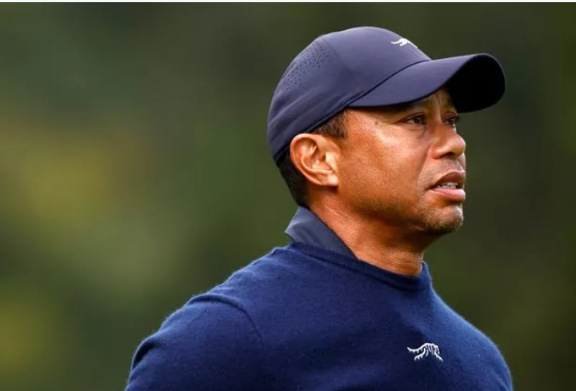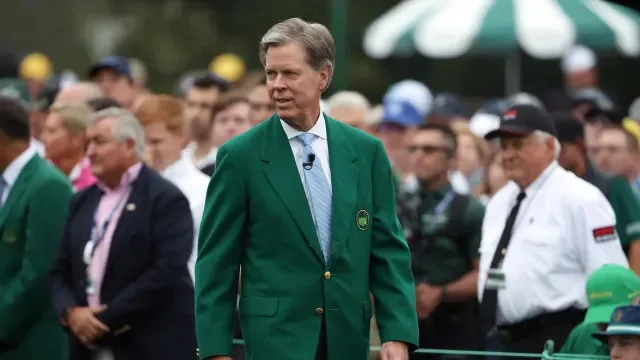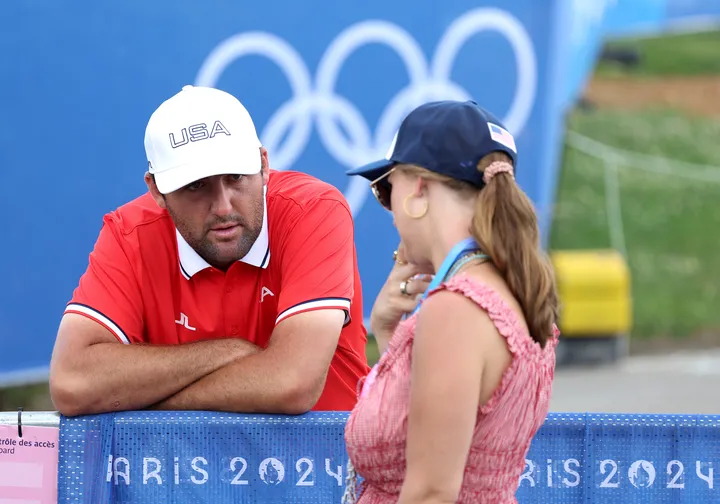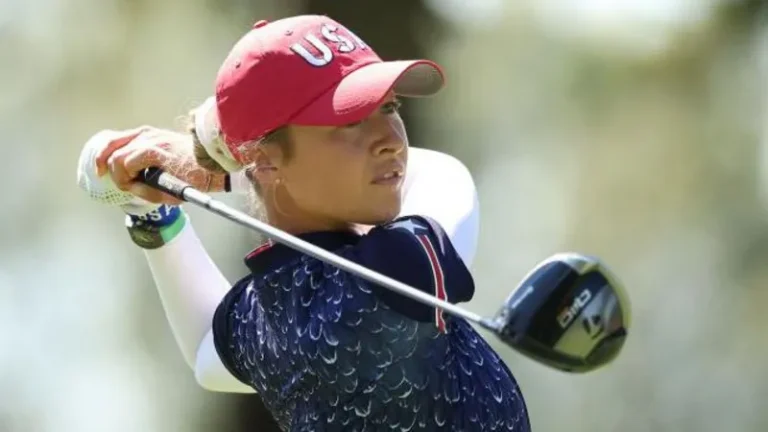Tiger Woods Lack of Social Skills caused His Relationship failure
In the world of professional sports, few athletes have commanded as much attention, admiration, and scrutiny as Tiger Woods. With a record-breaking career in golf, Woods became a global icon, transcending the sport itself. However, amidst his meteoric rise to fame and success, there lurked a shadow side – his lack of social skills. Throughout…
In the world of professional sports, few athletes have commanded as much attention, admiration, and scrutiny as Tiger Woods. With a record-breaking career in golf, Woods became a global icon, transcending the sport itself. However, amidst his meteoric rise to fame and success, there lurked a shadow side – his lack of social skills.
Throughout his career, Woods struggled with maintaining strong personal and professional relationships. His interactions with agents, coaches, friends, and even his marriage were marred by his difficulties in navigating social dynamics. While his talent on the golf course was undeniable, his ability to connect and communicate off the green proved to be his Achilles’ heel.
One of the most significant casualties of Woods’ social struggles was his relationship with his agents. Despite their efforts to guide and support him, Woods’ aloof demeanor and reluctance to engage in meaningful communication strained their partnership. Reports emerged of tense negotiations and breakdowns in communication, ultimately leading to the termination of several high-profile agent-client relationships.
Similarly, Woods’ interactions with his coaches were fraught with challenges. While his technical prowess was unparalleled, his inability to effectively communicate his needs and collaborate with his coaches hindered his development and performance. Countless coaching changes punctuated his career, with each transition reflecting the underlying friction between Woods and his mentors.
Beyond his professional circle, Woods’ social limitations also affected his personal life. His inner circle of friends dwindled over the years, with many citing his guarded nature and difficulty in forming genuine connections. The isolation he experienced only exacerbated his struggles, leaving him vulnerable to the pressures of fame and public scrutiny.
Perhaps the most publicized fallout of Woods’ social shortcomings was the unraveling of his marriage. The revelation of his extramarital affairs in 2009 sent shockwaves through the sports world and shattered his carefully crafted image as a devoted family man. While the precise reasons for the breakdown of his marriage are complex and multifaceted, it’s clear that Woods’ inability to nurture and sustain intimate connections played a significant role.
In hindsight, Woods’ tumultuous journey serves as a cautionary tale about the pitfalls of neglecting one’s social skills, especially in the unforgiving glare of the public eye. Despite his unrivaled talent and success, his inability to cultivate meaningful relationships ultimately exacted a toll on his career and personal life.
As Woods continues his quest for redemption and reconciliation, his story serves as a reminder that true greatness extends beyond athletic prowess – it requires emotional intelligence, humility, and the ability to forge authentic connections with others. Only time will tell if Woods can rise from the ashes of his past mistakes and rewrite the narrative of his legacy, but one thing remains certain – the importance of social skills in navigating the complexities of life both on and off the field.






